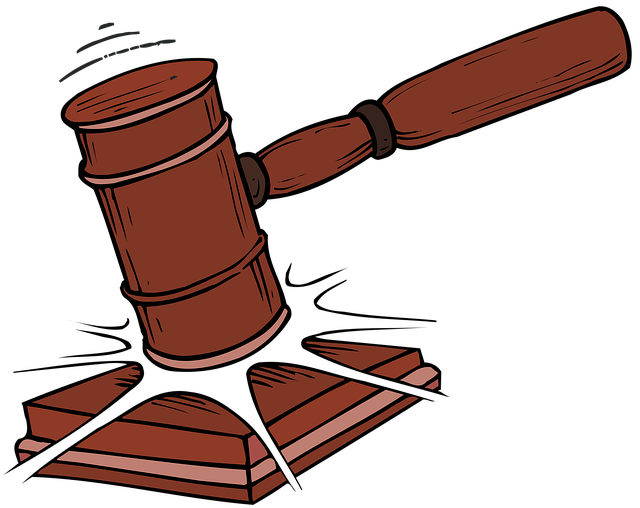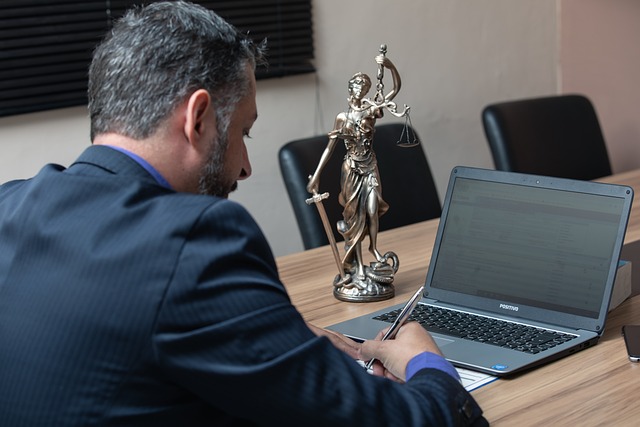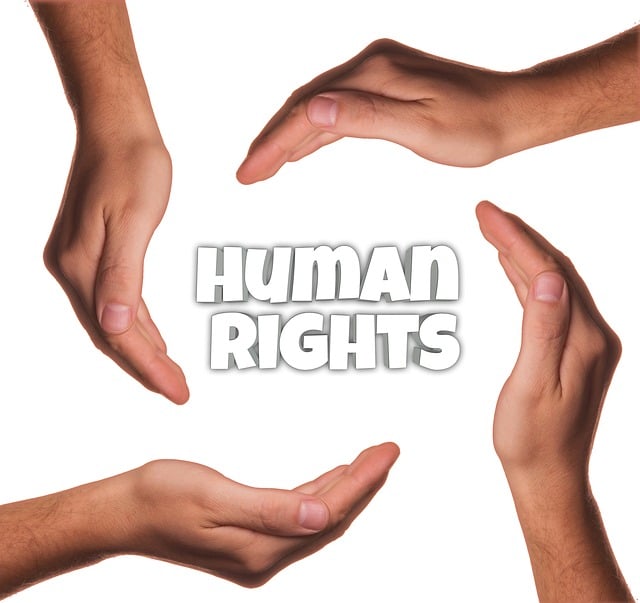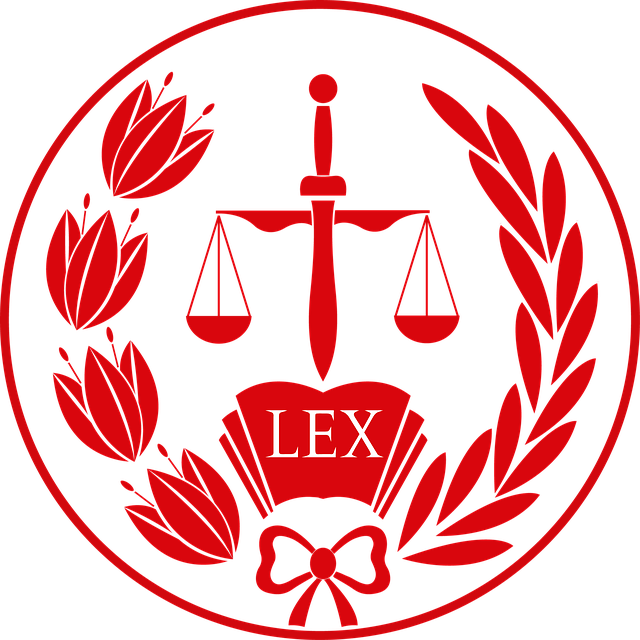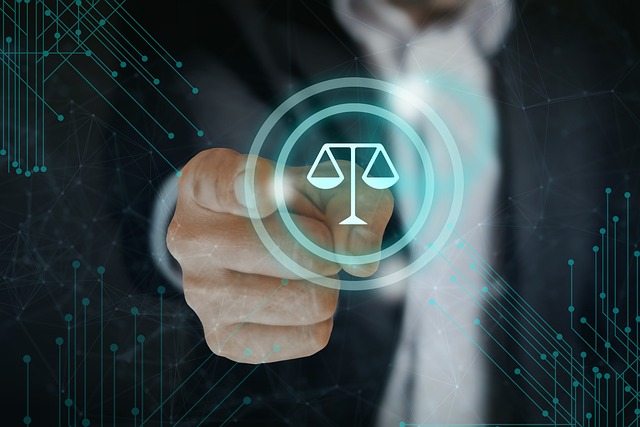Whistleblower Protection Laws (WPLs) are essential for protecting individuals who expose illegal or unethical activities within organizations, offering legal shield from retaliation. To overturn a wrongful conviction, whistleblowers must demonstrate their disclosure was in good faith, present evidence of adverse employment actions linked to the disclosure, and follow steps like appealing to higher authorities and gathering new evidence while preserving due process rights. Legal counsel specializing in whistleblower cases is crucial for navigating complexities. Key steps include meticulously gathering evidence, filing post-conviction relief motions or habeas corpus petitions, and achieving fair review based on new evidence or procedural errors. Effective fact-finding, robust expert analysis, and compelling proof of wrongdoing are essential to successfully overturning convictions and ensuring whistleblowers' voices are heard. Support systems and skilled attorneys help protect their rights and safeguard them from further legal repercussions.
“Whistleblower protection lawsuits are pivotal in ensuring individuals who expose corporate or government wrongdoings receive fair treatment. This article delves into the intricacies of these legal actions, offering a comprehensive guide for those seeking justice. From understanding the foundational whistleblower protection laws and identifying key elements for successful claims to navigating the process of overturning a wrongful conviction, each section provides valuable insights. Discover the evidence-based approach, potential remedies, and support systems available to whistleblowers post-lawsuit.”
- Understanding Whistleblower Protection Laws and Their Purpose
- Key Elements of a Successful Whistleblower Protection Lawsuit
- Navigating the Legal Process: Steps to Challenge a Wrongful Conviction
- Evidence and Fact-Finding in Whistleblower Protection Cases
- Remedies and Support for Whistleblowers Post-Lawsuit
Understanding Whistleblower Protection Laws and Their Purpose
Whistleblower Protection Laws (WPLs) are a crucial set of legal safeguards designed to encourage individuals to come forward with information about illegal or unethical activities within organizations, without fear of retribution. These laws have become increasingly important in fighting corruption and holding powerful entities accountable, particularly in cases involving white-collar crime. The primary purpose of WPLs is to ensure that employees who expose corporate wrongdoing can do so securely, protecting them from potential harassment, discrimination, or even wrongful termination.
Understanding the mechanisms to overturn a wrongful conviction is key in the context of whistleblower protection. In many jurisdictions across the country, these laws mandate jury trials where whistleblowers’ claims are evaluated independently. This process enables individuals to seek justice and ensures that their disclosures are protected under the law. The strength of WPLs lies not only in preventing initial retaliation but also in providing a legal framework for exoneration and compensation if a whistleblower’s concerns are later proven valid, demonstrating the critical role they play in fostering transparency and accountability within corporate structures.
Key Elements of a Successful Whistleblower Protection Lawsuit
A successful whistleblower protection lawsuit hinges on several key elements. Firstly, the plaintiff must demonstrate that they were a whistleblower who disclosed information about illegal or unethical activity within an organization. This disclosure should have been made in good faith, meaning the individual genuinely believed the activity was wrong and wasn’t motivated by personal gain.
Secondly, there must be evidence to support the claim that the disclosure led to adverse employment actions, such as firing, demotion, or harassment. These actions are often driven by the fear of exposing sensitive information. Additionally, plaintiffs should focus on showing a direct connection between their protected activity and the adverse consequences they faced. This involves outlining clear steps to overturn a wrongful conviction, which can include appealing to higher authorities, gathering new evidence, and avoiding indictment by cooperating with investigations while ensuring due process rights are respected. Engaging legal counsel specializing in whistleblower cases is crucial for navigating these complex issues, representing both corporate and individual clients, and safeguarding the interests of philanthropic and political communities.
Navigating the Legal Process: Steps to Challenge a Wrongful Conviction
Navigating the legal process to challenge a wrongful conviction involves several crucial steps. First, gathering comprehensive evidence is paramount. This includes any new facts or circumstances that could have altered the outcome of the trial, along with supporting documents and expert opinions. For his clients, this phase demands meticulous attention to detail and often requires consulting with various professionals to ensure all relevant information is considered.
Next, filing a motion for post-conviction relief or a habeas corpus petition is a critical step in the process. These legal mechanisms allow individuals to present their claims and evidence to a court, aiming to overturn their conviction. Across the country, laws vary slightly, but the goal remains consistent: to provide a fair review of cases where new evidence suggests innocence or procedural errors occurred during the initial trial.
Evidence and Fact-Finding in Whistleblower Protection Cases
In whistleblower protection lawsuits, evidence and fact-finding play a pivotal role in achieving justice and overturning wrongful convictions. The process involves meticulous scrutiny of documents, financial records, and expert testimony to uncover the truth behind allegations of misconduct. Whistleblowers often face an uphill battle, as they must navigate complex legal landscapes and counter powerful interests that may try to discredit their claims.
To succeed, whistleblowers should be prepared to present compelling evidence that demonstrates the existence of a wrongdoer and the public interest in their revelation. This includes providing detailed accounts, corroborating documents, and expert analysis that can withstand rigorous examination. By employing these steps to overturn a wrongful conviction, whistleblowers can ensure that their voices are heard across the country and that they contribute to achieving extraordinary results within philanthropic and political communities.
Remedies and Support for Whistleblowers Post-Lawsuit
After a whistleblower protection lawsuit, individuals who have come forward with valuable information often face significant challenges. However, there are remedies and support systems in place to help them navigate their next steps. One crucial aspect is ensuring they receive adequate legal representation during post-suit processes. Skilled attorneys can assist whistleblowers in pursuing steps to overturn a wrongful conviction or any other adverse outcomes that may arise from their disclosures.
For his clients, these advocates offer more than just legal counsel; they provide a strategic defense, leveraging an unprecedented track record of winning challenging defense verdicts. This specialized support is vital for protecting whistleblowers’ rights and ensuring their voices are heard without fear of retaliation or further legal repercussions.
Whistleblower protection lawsuits play a vital role in upholding justice, ensuring that individuals who expose illegal activities are protected and supported. By understanding the key elements of a successful lawsuit, navigating the legal process effectively, and focusing on evidence and fact-finding, whistleblowers can overturn wrongful convictions and secure remedies that foster a culture of integrity and accountability. Remember that, in terms of whistleblower protection, diving into these steps and gathering robust evidence is crucial to challenging unjust outcomes and making a lasting impact.
